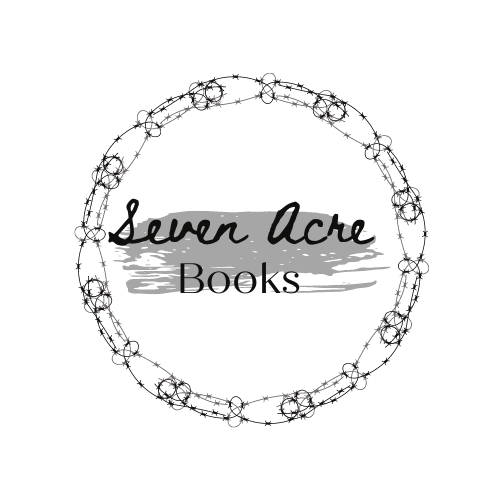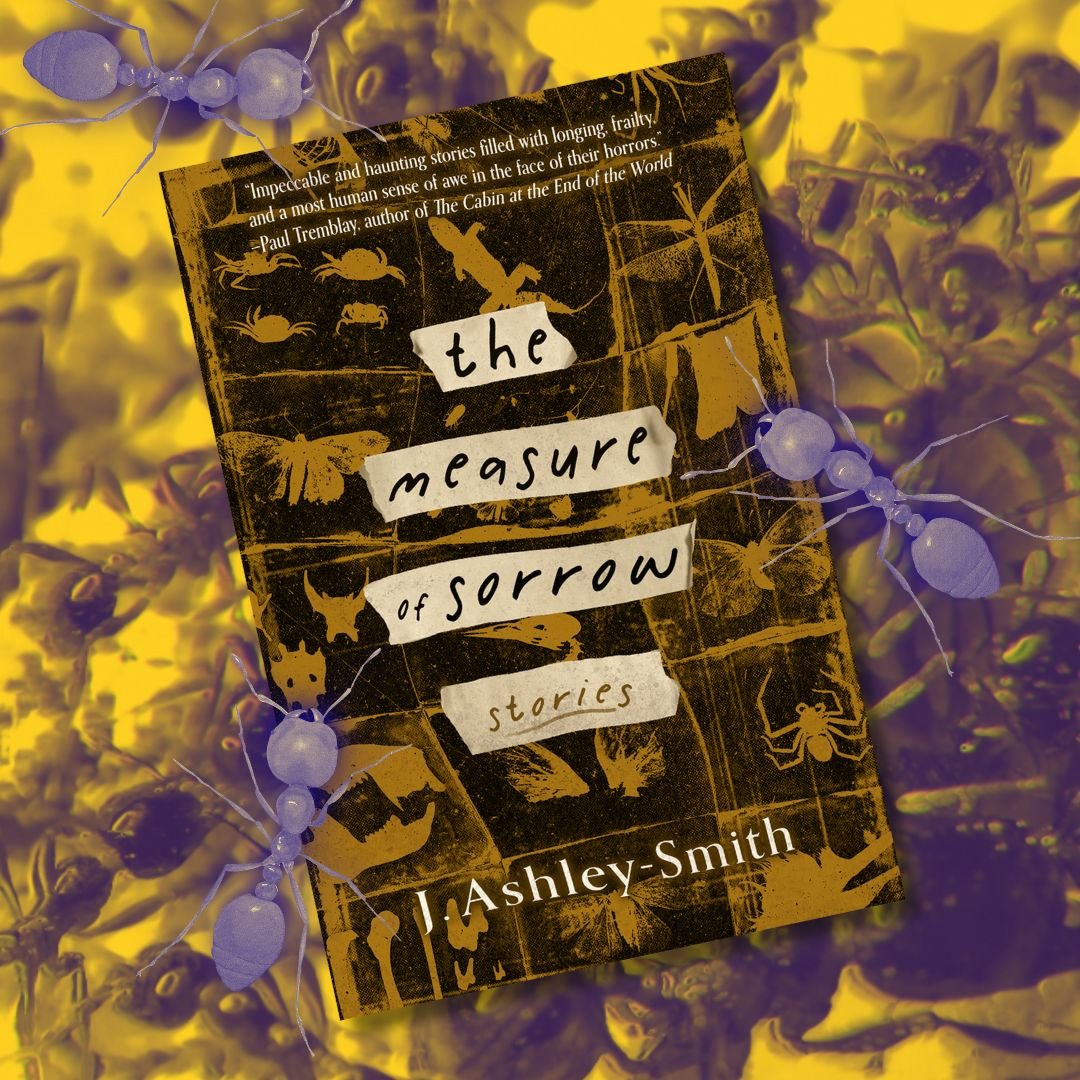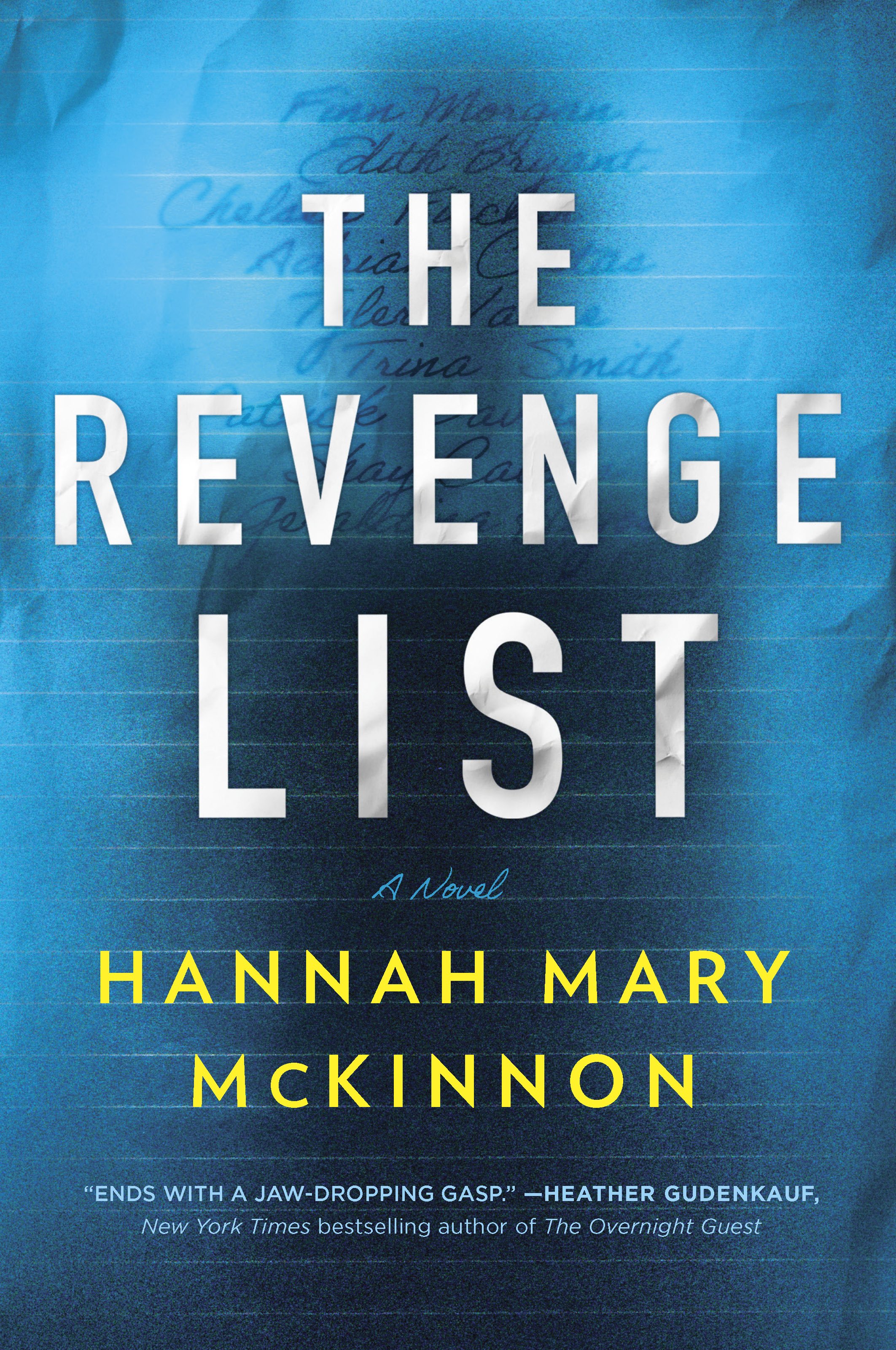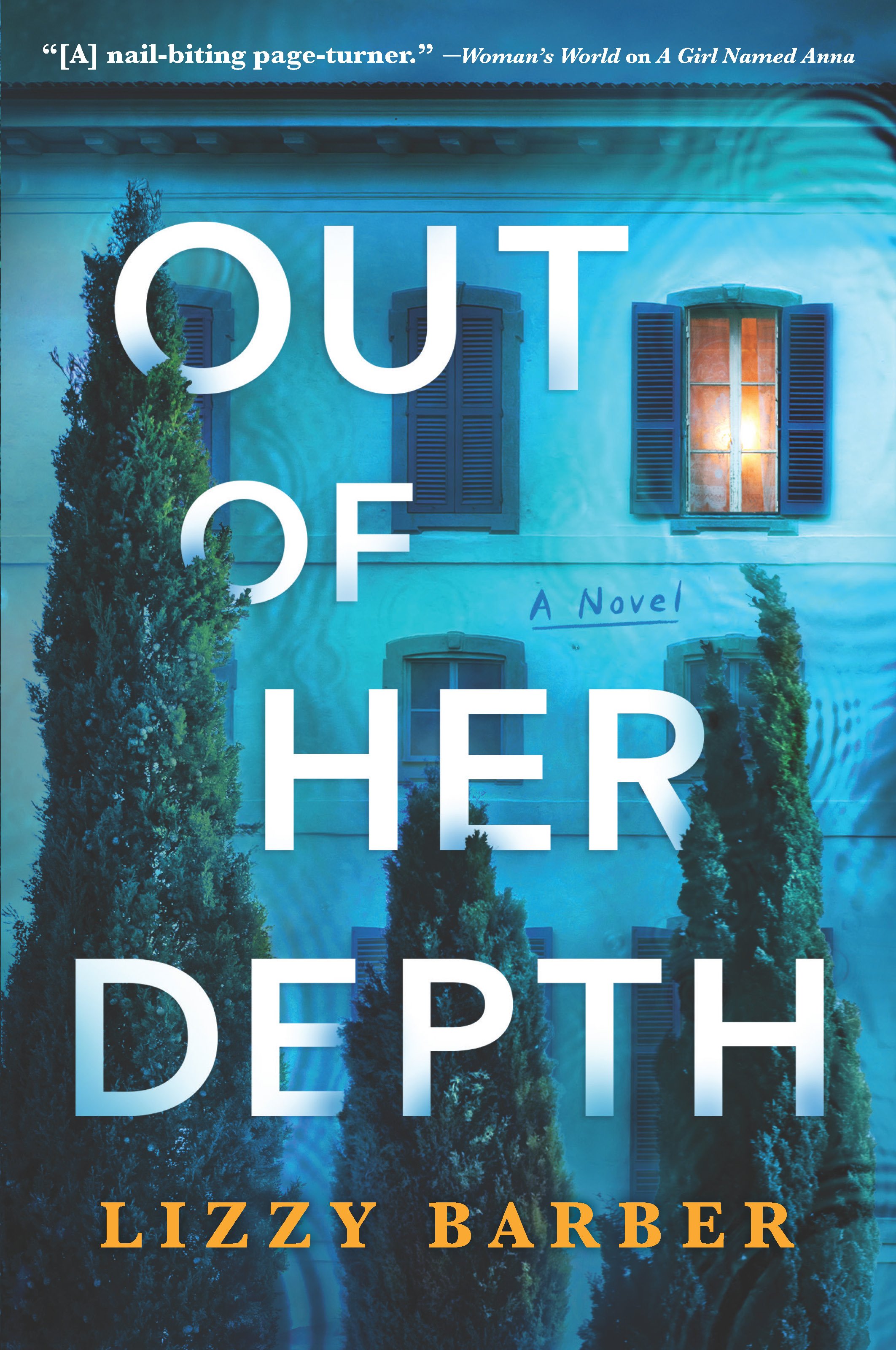#BlogTour!: A Tropical Rebel Gets the Duke by Adriana Herrera
/The third and final book in USA TODAY bestselling author Adriana Herrera's smart, sensual Las Leonas series featuring an ambitious doctor breaking societal norms and the reluctant Duke willing to risk it all for her...
Aurora Montalban Wright has had a whirlwind summer in Paris but is finally settling down to the business she came to do: run an underground women’s clinic. This venture is risky, not only because she’s technically breaking the law, but because she is providing services to the daughters, wives and mistresses of powerful men who could get her into a lot of trouble.
When she finds herself in danger, Apollo Sinclair Robles, the new Duke of Annan, offers his assistance, even though she despises him (or wants to despise him – that doesn’t stop the several dalliances they have with one another). But he has many secrets of his own. He’s still grappling with his newfound place in the British aristocracy, especially as a Black man. Now he is part of a world he despises with more than a few enemies waiting for any opportunity to disgrace him.
He should be focusing on finding a bride that can help him further his causes and leverage himself withing the highest echelons of power, but instead he’s distracted with keeping Aurora Montalban safe. Aurora has been cut off from her family and has been living modestly for months. Once Apollo realizes the risks she’s been taking with her clinics, he makes it his business to protect her. The woman is relentless in her endeavor to help women in need, even when it means putting herself at risk. Their closeness leads to discovering new sides to Aurora, and the more he learns about her the more he’s convinced she’s the perfect woman for him. But her past is complicated and having her as his duchess would make his bid for power more difficult.
About the Author:
USA TODAY bestselling author Adriana Herrera was born and raised in the Caribbean, but for the last fifteen years has let her job (and her spouse) take her all over the world. She loves writing stories about people who look and sound like her people getting unapologetic happy endings. Her books have received starred reviews from PW and Booklist and have been featured on The TODAY Show and NPR, in Entertainment Weekly, The New York Times and The Washington Post. Adriana is an outspoken advocate for diversity in romance and was one of the co-creators of the Queer Romance PoC Collective.
Read on for an excerpt from A Tropical Rebel Gets the Duke!
Prologue
July 1889
Paris, France
Aurora Montalban Wright was no rebel.
At least that was what most who knew her would say. It was not an unfair assessment of her character. After all, true rebels never bothered with consequences, not when a glorious mission lay in the balance. No one would label Aurora a carefree sort, and that was fine by her. Because what she’d learned early in life was that rebellions cost blood, sweat and tears, and she had none of those to spare. This, of course, did not mean she was above bending a rule—or five—if the situation called for it.
In fact, twice in her past, she’d broken every rule set before her in order to escape her circumstances. Once, humiliatingly, for a man—which came to a disastrous end. The other—equally catastrophic—for her freedom. Despite this, Aurora was not rebellious by nature. It was simply that she was galvanized by the word no. The more she was told she could not do something, the more creative she became at conquering it.
No, Aurora was no rebel, but tonight she felt like one. The worst possible news had come at the worst possible time and she desperately wanted a distraction. In fact, she wanted far more than that, she needed the kind of oblivion that only came from terrible decisions. Thankfully she was in a city where immoral diversions were easy enough to procure, if one knew which objectionable doors to darken.
Her destination, the clandestine apartment of Apollo César Sinclair Robles—a man who’d just claimed his place as the heir to a dukedom by destroying his own father—could be considered a particularly ill-advised one.
As her fiacre came to a stop on the Rue de Volney, she fleetingly considered if there weren’t less potentially disastrous ways to deal with her current mood. Then she felt the weight of the key she’d kept in her pocket for weeks and decided there definitely were, but she still wanted to do this.
The building looked exactly as she remembered from the night she’d spent here a month earlier. It was one of those modern, luxury apartment buildings near the Parc Monceau, kept by wealthy aristocrats and business titans to commit their more slanderous peccadillos in decadent discretion.
When she reached the door, she took a moment to examine herself in the sparkling glass window. The walking suit she’d donned that morning showed the strain of the day. Her face was framed with wisps of loose curls that had escaped the braid pinned to the nape of her neck. Her hat was a bit more askew than what was fashionable and there was a stain on her left cuff she could not quite identify and was reluctant to smell.
She ought to go home, clean herself up and come another day.
She wasn’t presentable and she was certainly not in a state of mind to interact with someone who had a natural gift for trying her patience. Coming to Apollo for what she needed tonight was the furthest from sensible she’d been in a long time.
The thought sent a flash of alarm through her body. She decidedly ignored the cardiovascular admonition.
Undeterred, she pushed the door open and strode right up to the porter with the key dangling from her hand and her heart making another valiant effort at warning her off.
“Oui, madame.” The porter greeted her with the detached politeness of someone too well trained to openly scowl at her clothes, but too French not to appear at least marginally aggrieved at their deplorable state.
“Lord Darnick.” The two words did the trick, and with a nod, he stepped aside and directed her toward the lift operator, who was already pushing buttons.
Clearly, women coming to see his lordship at all hours of the night was a regular occurrence. Not exactly a surprise. From the moment she’d met the man at a soiree months earlier, he’d been an unapologetic reprobate. She’d never encountered anyone who cared less about other people’s opinions than Apollo César Sinclair Robles.
The evidence of that lay in the way he’d arrived in Edinburgh like a dark avenging angel and exposed his father as a liar and a thief. Upending in a single night, one of the oldest dukedoms in Britain while establishing himself as its rightful heir, leaving the peerage reeling, and his own father a social pariah.
He was arrogant, rude, and blatantly ridiculed the societal norms she’d so carefully ascribed to. From that first meeting, she’d found herself equally appalled and intrigued by him.
A smile tugged at her lips at the thought of what the new Earl of Darnick would do when she turned up at his apartment and told him she was there for sex, and the more depraved, the better.
He would probably think she was out of her mind.
Out of her mind or not, she had it made up, and whatever lapse this was, she would deal with it in the morning. Four steps forward and two firm knocks were all it took for her, a respected physician, to announce herself at a man’s tryst apartment somewhere between one and two in the morning.
Her heartbeat marked hurried footsteps on the other side, while she took in slow, calming breaths. The moment the door finally opened, it was suddenly very clear that she had not properly prepared herself. The rapid escalation of her pulse told the story.
He looked like the very last stop on the train to ruination. All languid grace, and the ease of a man who was well aware of the damage he could do on a woman’s good sense with a mere wink and a smile.
Aurora, to her eternal shame was not immune to either.
“Bella Doctora, I didn’t know you made house calls.” He spoke in that lazy drawl he always used with her, but there was an alertness to his gaze that betrayed his indifference.
“Don’t call me that,” she rebuked, then remembered she was here to ask for something and tempered her manner with what she hoped was a comely smile. “I came to return your key.” She held it up as she endeavored, and failed, not to gape at the triangle of bronzed, muscled chest. She didn’t dare look below his sternum lest she encountered bare forearms and swooned before she could tell the man what she was about.
“My key,” he drawled, without reaching for it. “After more than a month, you’ve decided to deliver it at one in the morning, on a Tuesday.” He’d given it to her on the night he’d brought her here, after her friend Manuela’s wedding day devolved into a scandal that had all of Paris talking for weeks. She hadn’t seen him since.
“I was looking in on a patient close by,” she retorted, truthfully, dropping the key into the pocket of his dressing gown. The other truth she failed to disclose was that she’d kept the damned key in her pocket like some kind of talisman since he’d given it to her.
“Ah yes, Doctora Montalban and her causes.” His voice dripped with cynicism, as if it amused him that she considered her profession anything serious.
“Why is it that every time you call me that it feels like an insult?”
“That might have more to do with you than with me.”
It irked her that his barbs always hit their targets. She’d made an art of letting men’s opinions roll off her back, not a difficult task, since a significant number of men she encountered were imbeciles. But not this earl, not the man who’d ambushed the British aristocracy like Simón Bolívar did with the Spanish at Boyacá.
She wished that diabolical grin of his didn’t start a sizzle under her skin. “Are you going to invite me in?”
He cocked a thick, dark eyebrow at whatever he heard in her tone, but instead of inviting her inside, he braced a large hand on the top corner of the doorjamb, until his very distracting mouth was close enough to kiss. She swallowed audibly when she caught a glimpse of the corded muscle of his forearm, thick veins and dusting of dark hair. Her salivary glands seemed to run out of fluid just then.
“First you have to tell me what you’re really here for, Doctora.” He was showing off his size for her and it was fruitless to pretend it had no effect on her. Everything about the man eroded every preservation instinct she had.
For over ten years, she’d avoided any scenario that could place her in a vulnerable position. She’d practically forgotten that under her walking suits lived a woman with very real urges and burning desires. Until this man had crossed her path. Since then, he’d been like a toothache. Making himself known, throbbing, gnawing at her, until she’d had to do something about it.
His closeness sent her blood from a canter to a gallop, and her breaths became shorter, more erratic. The undeniable biological evidence of arousal and desire. She might as well get on with it. She locked her own gaze with the new Earl of Darnick’s, took a breath and leaned in.
“I came here for sexual intercourse, Lord Darnick.” It was gratifying to see his predatory gaze replaced by genuine shock. But as expected with a hunter, he recovered quickly.
“Well, in that case, do come in, Doctora Montalban,” he told her with a wave of his hand before stepping aside.
She decided to ignore the sarcasm in his voice and walked into the apartment.
The moment she stepped inside, she was once again surprised by how different this place was to what she envisioned for Apollo’s lair. Instead of a showroom full of ostentatious furniture and excessive gilt, what she found was a comfortable, unpretentious room. He had an impressive collection of books. One of which was sitting open on the armrest of a chair by the fire, next to a tumbler of amber liquid. He also collected art, which to her astonishment were tasteful and interesting.
He was rich, handsome, well-read and had an uncanny eye for art. Not that any of it mattered, to her. She was not here for a marriage proposal, she off from the door and taking a few steps toward her place by the bookshelf. “Let’s reserve the endearments for later and see what we can do about all these clothes you’re wearing.”
“What?” She sounded like a dolt. This was what she’d told him she wanted. What did she expect after propositioning a scoundrel? Sweet nothings in her ear, passionate declarations?
“Your clothes, sweetheart.” He wiggled two fingers somewhere in the vicinity of her chest. “The infernally unending layers of fabric you insist on wearing. They give a man a devil of a time surmising what you’ve got under all that wool and linen.” He made a face, and her mouth twitched. Of all the things to fluster the wicked Earl of Darnick.
She took another look at him, those winged cheekbones, skin like the most perfect caramel, and the umber curls, which made her think of days in bed and rumpled, sweat-soaked sheets. It was a face a woman could ruin her life over. It was a good thing she’d already done that once and had no intention of ever doing it again.
“This is just for tonight.” It needed to be said, but he remained unbothered.
“That you don’t need to worry about, sweetheart.” He lifted a shoulder, his gaze still suspended somewhere below her neck. “I’ve never had much craving for seconds.”
She shrugged and looked away, what more was there to say to that?
“I’d appreciate it if this stayed between us.”
“Keeping secrets from your pride, are you?” he asked in a mocking tone. He was referring to her two dearest friends. The friends with which she arrived here in Paris four months earlier: Luz Alana and Manuela. The only two people in the world who knew every one of her secrets, except for this one now, she thought grimly.
“My dear sister-in-law will be scandalized to know you’ve come to me in your hour of need.” Of all the unlikely twists of fate the last few months in Paris had yielded, Luz Alana finding a love match with a Scottish whisky distiller, who turned out to be an earl and Apollo’s half-brother, had been one of the most surprising.
“It is not like you’re the Marquis de Sade, you’re just convenient.” He laughed again and this time it reached his eyes. “Besides, Luz Alana and Manuela have their own lives.”
“True love is miraculous.” For her friends, it seemed to be. She’d seen enough people entrapped into those cageless prisons of duty and guilt to have any use for the sentiment.
But even she had to admit, Luz Alana and Manuela seemed to have found partners worthy of their devotion. She was glad for them, but that was not what she searched for.
Her friends believed in love worth any sacrifice. That soulmates and fairy tales were possible. Aurora did not. Not for herself, at least. She was too…marked. Too jaded to ever believe in the lies of the heart.
Love, for her, had only ever served to remind her of the ways she never quite measured up, how hard it was for her to inspire that sentiment in another, and she would never again risk her freedom for that chimera. She had a feeling Apollo César Sinclair Robles, in this at least, was a kindred spirit.
“Why are you really here, Doctora?” Apollo asked, taking another step in her direction. He was merely a couple of feet away now. From this distance she could see that his lips had a pink tint to them. She allowed herself the distraction of that perfect mouth for a moment as she considered his question.
She could confess that this very evening she’d received a letter from her brothers informing her they’d suspended her ability to withdraw funds from her trust. She could tell him she’d been using those funds to operate a clandestine clinic that helped women in a certain kind of trouble. She could even say that the friend who delivered the correspondence had seen the man who’d ruined Aurora at the of age fifteen aboard a steamer headed to France. She might even admit that the possibility of running into the villain of her past made her so sick with dread and shame she’d run here, to Apollo. To ruin herself again, by choice, this time. But none of those pitiful confessions would be conducive to what she’d come here for, not comfort or solace, but escape.
“Let’s just say I’m in a fairly destructive mood,” she declared, looking at him square in the eyes. “I would very much like to do something utterly ruinous and you were the first thing that came to mind.”
Excerpted from A Tropical Rebel Gets the Duke by Adriana Herrera. Copyright © 2025 by Adriana Herrera. Published by Canary Street Press.
This post may contain links, including Amazon Associate Links, and I may earn from qualifying purchases.


























































